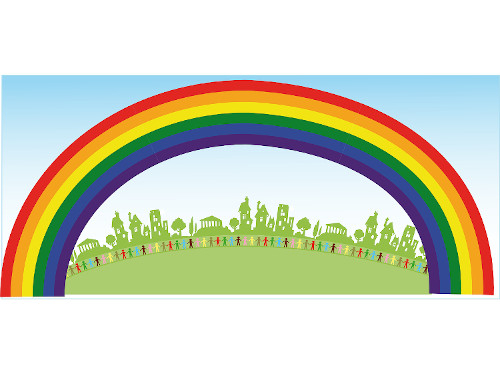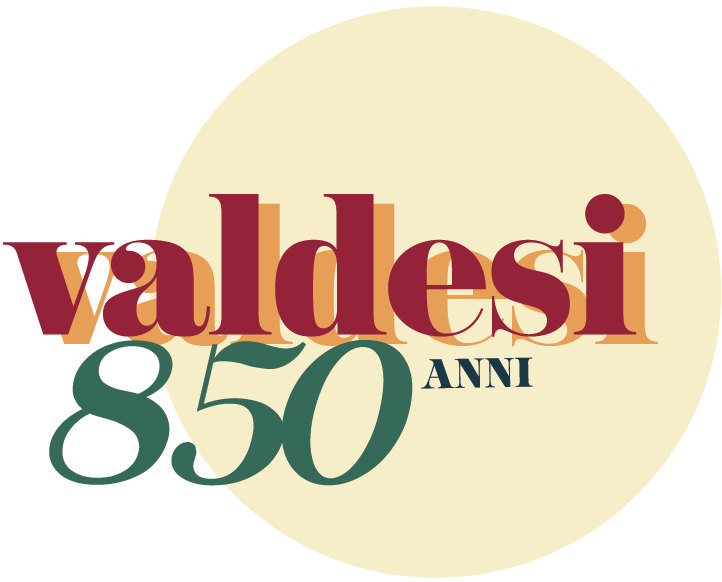
News
Covid-19 emergency in Italy: Diaconia Valdese contribution
After restrictions coming from the Ministerial Decree of the 9th March 2020 “Urgent COVID-19 contagion containment measures at Italian national level” Diaconia Valdese had to rethink the organization of its diaconal services in order to protect, in the best way possible, the health of the people who rely on our services, our operators and all those with whom we are normally in daily contact. Hereunder, the situation in our fileds of intervention:
AGGREGATION ACTIVITIES
Activities have been suspended: interventions in schools, gathering spaces for young people and other aggregation initiatives are now interrupted. Our hotels in Florence, Venice and Rome were closed and for the staff we are making use of the temporary lay-off. We will probably have to delay the opening of seasonal facilities.
MIGRANTS
Even when the situation has worsened, Diaconia Valdese didn’t stop its commitment towards asylum seekers and refugees. Moreover, also Prefectures confirmed that the continuity of service for migrants must be guaranteed, the reception projects (known as CAS and SPRAR) are continuing their activities in Waldensian Valleys, Turin, Milan, Florence, Rome and Vittoria (Sicily), adapting their work to the new safety rules, particularly in which concerns the respect of distances between operators and beneficiaries. The same for Humanitarian Corridors (HC). In this case, to make things even more complicated, many families in HC reception projects present complex health pathologies, that risk to be further aggravated by to the ongoing health crisis.
Last but not least, we had to temporarily close Community Centres and the border monitoring project in Ventimiglia.
SOCIAL HOUSING
Social housing services (Waldensian Valleys, Turin, Milan, Verbania, Bologna, Perugia and Florence) are continuing their activities with some understandable problems.
ACTIVITIES FOR INTEGRATION INTO THE LABOUR MARKET
All these activities are now stopped and we expect that they will struggle to start again. These is an issue that affects both migrants and adults with poor socio-economic opportunities.
DAY CARE CENTERS
The day care centres for elderly people and for minors have so far always been open. From Monday 16th March some of them started to close.
ELDER CARE FACILITIES
We are undoubtedly facing the greatest difficulty in residential structures for the elderly and disabled people. These are very high risk facilities as our guests are very weak and the high number of personal contacts with many health workers could expose them to the contagion. So for obvious reasons we had to reduce and then to stop visits; neither relatives nor friends can access our facilities. This contagion, given the particular health and age conditions of the guests, can be particularly virulent and easily lethal for them. These are facilities where it is not possible to maintain the safety distance: people must be cared for, changed, medicated. The operators, whom we continue to thank these days, run exactly the same risks as health workers in hospitals.
CONCLUSIONS
This is the picture of the dramatic days we are experiencing; we daily pray to be able to avoid cases of contagion in our facilities for both guests and operators.
Nevertheless, even in this moment we want to continue being ourselves, we want to continue serving with people, finding new ways to be close, listen, understand, accompany also in these weeks when we are rightly asked to "keep our distance".
Moreover, we are trying to find every possible solution to keep safe our beneficiaries and our professionals. We are actually concerned for the impact that this crisis will have on families / individuals living on the poverty threshold; reducing or completely losing their retribution for a month or more could be devastating for them.







